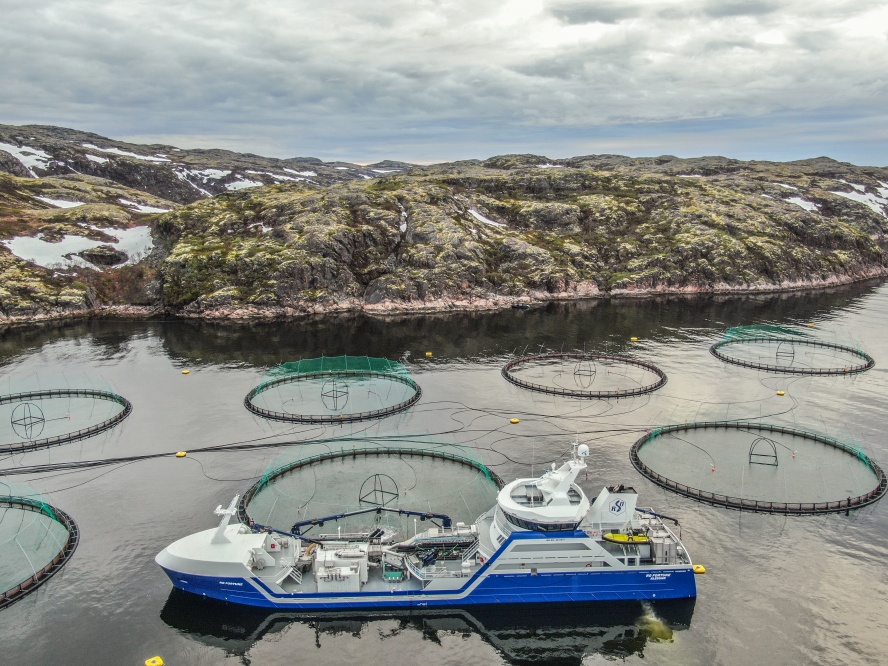Norwegian companies circumvent the ban on Russian vessels using Norwegian ports. They get paid well for it.
To this day, a significant proportion of the country’s largest family fortunes can be linked to those who owned ships at the outbreak of the First World War. When freight rates across the North Sea rose 50 fold – and took with them ship values and fortunes. Norway was neutral during the First World War, and the shipowners made money from it. For lye-poor Norway, the tumultuous shipowner families became almost too noble to count.
Neutrality was then also the plan during World War II. Until Norway was attacked by Germany. On April 23, 1940, two weeks after the attack, the entire Norwegian merchant fleet, consisting of 1,300 ships, sided with the Allies. The business was placed under the newly established Nortraship, the world’s largest shipping company. Particularly valuable was the modern and fast-moving tanker fleet. 175 tankers carried a third of the Allies’ oil in the first two years of the war.
Read also: Rostein boat enters Russian waters – loaded with smolt
Moral concerns
While shipping for the Allies during World War II was golden – and morally correct – the same cannot be said about the fact that Norwegian tankers transported oil to South Africa during the Apartheid regime in the 1980s. The UN advised against oil trade with South Africa, and in Norway it was agreed not to sell North Sea oil to the apartheid state.

But this could be circumvented by transporting oil from other countries, not least in the Middle East.
Norwegian shipping companies, including Mosvold, Høegh, Dahl and Fredriksen, transported as much as 40 percent of South Africa’s imported oil. But no one carried more than Sig. Bergesen. According to the Dutch activist group Shipping Research Bureau, the Stavanger shipping company transported almost ten percent of South Africa’s imported oil, Aftenposten wrote.
“We had moral concerns about sailing to South Africa, but also contractual obligations to our charterers. We could not stop sailing there if the Norwegian authorities did not boycott the country,” Morten Sigval Bergesen, who took over the management of the shipping company with Petter C. G. Sundt in 1976, said.
Risk premium
John Fredriksen, who is today the largest shareholder in Mowi, sourced much of this oil from Iran, a country that was not part of the good international company either. This happened at the same time as Iran was waging war against neighboring Iraq. Fredriksen still has close connections to Iran, so close that his main table at the Theatercafe is called “Kharg Island”.
The risk premium for the tanker companies, which extracted oil in the war zone, was very generous. It was here that John Fredriksen first earned himself really rich – and became known to the Norwegian public.
Read also: Norway closes borders and ports to Russian ships
So when the refrigerated shipping company Silver Sea transports feed and the wellboat shipping company Rostein transports smolt to Russia, they have long traditions behind them. The risk premium on freight rates is then also high, SalmonBusiness is informed by sources with in-depth knowledge of these contracts.
The legality of shipping from Norway to Russia is debatable. After Norway has introduced a port ban for Russian ships, it can be argued that the use of Norwegian ships in border traffic is an attempt to undermine the port ban. In any case, this modern trade is very ethically and morally questionable.



